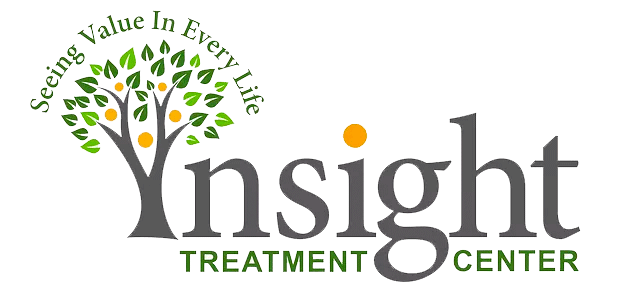For any individual struggling with drug addiction, mental health issues or alcohol addiction, choosing the right rehabilitation program can be confusing. Because each person’s individual struggles are unique, determining both which type of addiction recovery and which intensity to choose can pose a challenge. In order to determine which type of outpatient program may be right for you, you must first understand the differences between standard outpatient and intensive outpatient program options and how they may fit into your life and your journey toward recovery.
What Is Outpatient Rehabilitation?
Outpatient rehabilitation is a general term referring to the option of undergoing substance abuse or mental health recovery outside of a medical facility. This is in contrast with inpatient rehabilitation, in which an individual checks in to a medical location and remains there 24/7 for the duration of the treatment. Many people prefer outpatient options because they tend to be less expensive and allow them to maintain some of their responsibilities and obligations, such as childcare, education, employment, and family duties. However, outpatient rehabilitation is not for everyone, and it comes in a variety of types.
What Differentiates Outpatient Vs. Intensive Outpatient Programs?
Standard outpatient programs are different from intensive outpatient programs. Which option is best for you will depend not only on the availability in your schedule but also what stage of recovery you are currently in and what personal needs you have as a patient. Understanding how well you individually can adhere to an appointment schedule will play an important role in which type of rehabilitation is most effective for you.
Time At The Facility
One of the main differences between standard outpatient programs and intensive outpatient programs is the length of time that you spend at the facility during each visit, as well as how often those visits are. A typical outpatient program will have you dedicating one to three hours per week to rehabilitation, typically in the form of group meetings, meetings with therapists or counselors, or speaking to your peers who are also going through rehabilitation.
In contrast, intensive outpatient programs demand more time; this is why they use the term “intensive.” In an intensive outpatient program, you may be expected to attend sessions with professionals for as many as ten or more hours per week, with more frequent or longer appointments compared to the standard outpatient option. You will not be required to live at the facility, but you will spend a large amount of time there weekly as you visit with therapists, counselors, and peer support groups.
The majority of outpatient programs, whether standard or intensive, offer flexibility in scheduling because they understand that people have outside responsibilities to their employers, families, and similar obligations. Thus, outpatient programs frequently work late in the day to allow for those who cannot take time off of work or family duties to attend their sessions after working hours.
Stage Of Recovery
Another important difference between outpatient and intensive outpatient programs is which stage of recovery you are currently in. Intensive outpatient programs are intended for those who may have just exited a more comprehensive type of recovery, such as partial or inpatient hospitalization. They also work well for those who struggle with cravings and relapses, because they are more consistent and prevalent as part of an individual’s week. This can help to keep you on track, and many of these programs focus on teaching coping skills, developing new skill sets, and increasing your confidence away from substances.
Conversely, those who are almost fully integrated into a normal life without addiction may benefit from the lessened requirements of standard outpatient rehabilitation. Serving more as a checkup than a rehabilitation program, regular outpatient therapy is one of the final steps in many people’s recovery journeys. The majority of those seeking addiction rehabilitation will undergo intensive outpatient care first, then transition into general outpatient care before graduating to aftercare options like individual counseling or participation in 12-step programs.
Reach Out To The Addiction Recovery Experts
Whether you are considering addiction recovery or mental health rehabilitation for the first time or you would like to try another type of rehabilitation program, be sure to rely on the experts who have years of experience helping people like you to overcome their addictions. Insight Treatment Center would be happy to sit down with you and help you to determine whether an intensive outpatient program or a standard outpatient option may be best for you. Reach out to schedule an appointment and take the next step on your journey to recovery.
